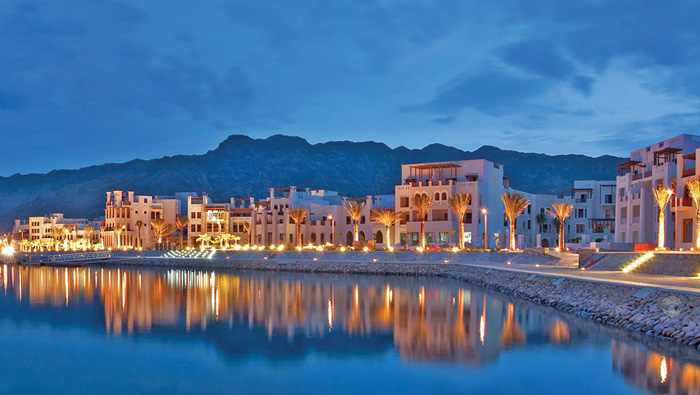
Muscat: Focus on good education, quality healthcare and more opportunities being made available have contributed to Oman’s global ranking among the top 50 countries with the highest Human Development Index (HDI) across the world.
The new 2018 Statistical Update released by the United Nations Development Programme (UNDP) saw Oman ranked 48th in the world, with an HDI of 0.821, with Norway being ranked first at 0.953. Factors contributing towards this include life expectancy, mean and average years of schooling and gross national income per capita.
Lana Al Wreikat represents UNICEF in Oman and has been working hand-in-hand with the government to improve the quality of facilities brought to people, especially in far-flung areas.
“I want to congratulate the government of Oman for their achievement in ranking 48th on the 2018 HDI,” she said.
“This is an improvement by four places since 2016 and proof that their progressive policies, especially with regard to education, health care and social services are working to ensure better outcomes for all Omanis.”
“They have made impressive gains in increasing services for children and expanding inclusive education to ensure no child is left behind,” added Al Wreikat.
“Further efforts are being made to achieve the ambitious Tanfeedh and Omanisation goals and I have no doubt that the government will continue to bring about economic and social development for the country and its people.”
In addition, David Kalife, CEO of Oman Oil Marketing Company, which carries out many youth development and training schemes with the government, said the authorities were very keen on developing the skills of their people.
“I am not surprised that the UNDP rating for Oman is as provided, because the government is doing a lot to educate its people and make them learn the skills they will require in future,” he said.
“The world is changing and we need to adapt to that, and there are many youth development and training opportunities that the government is giving to its people.”
“We have a significant budget towards such programmes and I believe all companies have a similar responsibility to developing proper skills towards the population in a sustainable manner, and in a way that suits their needs,” added Kalife.
“Each community’s needs will be different, and you can’t just do a copy-paste action and assume that one programme will work for everybody.”
The UNDP report has been created with one eye firmly on the UN’s 2030 Sustainable Development Goals (SDGs), which include 17 goals for a better life for humankind, which include no poverty, no hunger, good health and well-being, good education, gender equality and clean water and sanitation, among others.
Achim Steiner, UNDP administrator, said: “The SDGs require new indicators for assessing the many faces of inequality, the impact of the global environmental crisis on people now and tomorrow, the importance of voice, and the ways in which communities, rather than individuals, are progressing.”
“These and many other topics should be re-examined with a human development lens, resulting in a new generation of Human Development Reports. As we work to embrace new data, new ideas and new partners, we will continue to ensure human progress is monitored continuously, analysed regularly and presented globally,” he added. “Today’s progress is coming at the expense of our children. A changing climate, massive declines in biodiversity, and the depletion of land and freshwater resources pose serious threats to humankind. They require an immediate and ambitious change in production and consumption patterns.”
“People, nations and economies are more connected than ever, and so are the global development issues we are facing,” added Steiner. “These issues span borders, straddle social, economic and environmental realms, and can be persisting or recurring.”